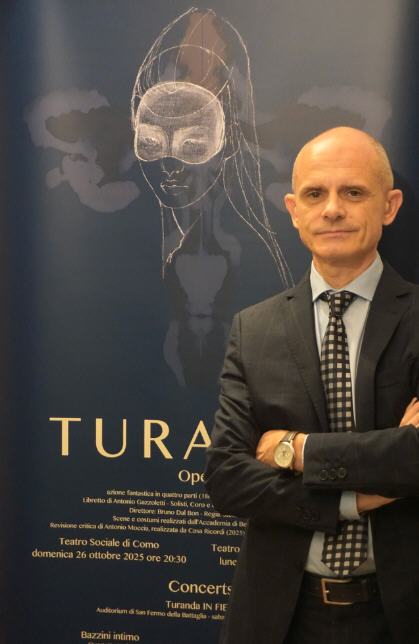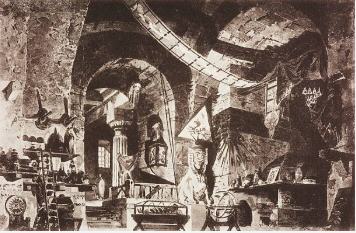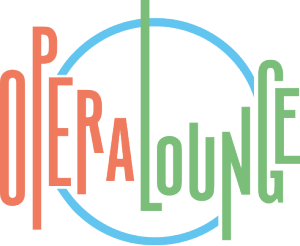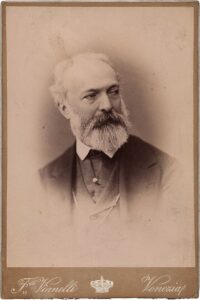.
The Conservatory of Como presents the first modern production of the opera inspired by Carlo Gozzi’s play
Sunday, October 26 at Teatro Sociale di Como, with a reprise on Monday, December 8 at Teatro Lirico “Giorgio Gaber” in Milan
More than 150 years after its first and only performance, held on January 13, 1867, at Teatro alla Scala in Milan, the Conservatory of Como, — in collaboration with Casa Ricordi, which has overseen the critical edition of the score, and within the framework of the European-funded project Casta Diva — presents the first modern staging of Turanda. Composed by Antonio Bazzini, acclaimed mid-19th-century composer and teacher of Giacomo Puccini, the opera is based on the homonymous play by Carlo Gozzi, the same story that would later inspire Puccini’s more famous Turandot. The production will premiere on Sunday, October 26, at 8:30 p.m. at Teatro Sociale di Como, followed by a reprise on Monday, December 8, at 8:30 p.m. at Teatro Lirico “Giorgio Gaber” in Milan. The director is Stefania Panighini, who staged productions for the Wexford Festival, Opera de Tenerife, and Daegu Opera Festival in Korea. On the podium, Maestro Bruno Dal Bon, who has conducted operatic works throughout Europe, China, and Japan. The musical performance features the soloists, choir, and orchestra of the Conservatory of Como — all composed entirely of students — while the sets and costumes are designed by students from the Brera Academy of Arts in Milan, project partners. The critical edition for Casa Ricordi has been prepared by Antonio Moccia.

Vittorio Zago (Direttore del Conservatorio di Como)/Foto Teatro Sociale Como
“The Turanda project represents much more than a simple opera production or an exercise in historical reconstruction: it is an act of cultural responsibility that rediscovers, preserves, and reinterprets a historical repertoire through the lens of contemporary creativity,” says Vittorio Zago, Director of the Conservatory of Como. “It is also a model of fruitful collaboration between academic and cultural institutions. The project draws on four years of previous productions, during which the Conservatory has involved its students in reviving rarely performed stage works such as Procedura penale by Luciano Chailly, Puccini’s La rondine, Offenbach’s La belle Hélène, and Rise and Fall of the City of Mahagonny by Brecht and Weill. In this way, the project also reaffirms the role of conservatories as engines of innovation and custodians of musical memory, placing students — our true artistic heirs — at the center as active creators of culture who build the future by revaluing the past.”
“The myth is that of Gozzi, Schiller, Puccini, and Busoni: the story of a woman who refuses to conform to a society that demands she become a wife, and above all, a mother,” says director Stefania Panighini about Turanda. “In this opera, Bazzini portrays a young woman who is strikingly bold for the mid-nineteenth century — one who rebels and displays her rebellion as a political act. Yet, rather than rendering her a cold warrior, the composer allows his heroine to discover herself, to break free from ideology, and to embrace fragility and human feeling, leading to a finale of maturity and feminine self-awareness.”

Ormuts Laboratorium, Skizze für den dritten Akt, dritte Szene der Oper Turanda von Antonio Bazzini, Spielzeit 1867, aus 500 Bühnenbildskizzen in fünf Bänden, 1919, von Carlo Ferrario (1833–1907).Wikipeedia
Antonio Bazzini was a violinist and composer highly esteemed for his instrumental works. Schumann once said of him that he “seems to come from a land of song, from an unknown, eternally serene country.” Born in the city of Brescia, Bazzini was appointed professor of composition at the Milan Conservatory in 1873, becoming its director in 1882. Among his pupils were not only Puccini, but also Mascagni and Catalani. Turanda is his only opera, composed to a libretto by Antonio Gazzoletti. After its lukewarm Milan debut – criticized by the press of the time – the work was never revived by the composer, and the autograph manuscript was believed lost until its fortunate rediscovery a few years ago in the basement of the Milan Conservatory. (G. H.)
Skill&Music info@skillandmusic.com
Teatro Sociale Como leider ohne mail Adresse
Conservatorio di Como leider ohne mail Adresse auf der website.

